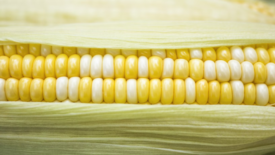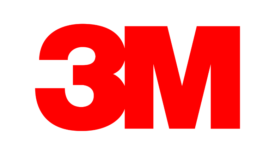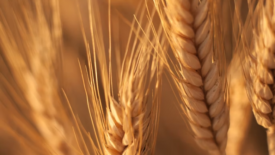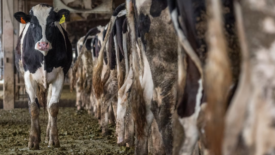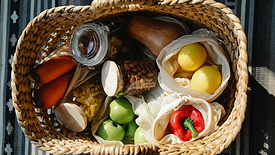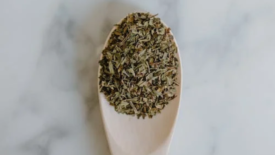Chemical
In Pursuit of Clean Packaging with No Chemicals of Concern
The food industry is just beginning to address PFAS derivatives as EPA has done, but it is making slow progress
December 11, 2022
Never miss the latest news and trends driving the food safety industry
eNewsletter | Website | eMagazine
JOIN TODAY!Copyright ©2025. All Rights Reserved BNP Media.
Design, CMS, Hosting & Web Development :: ePublishing
